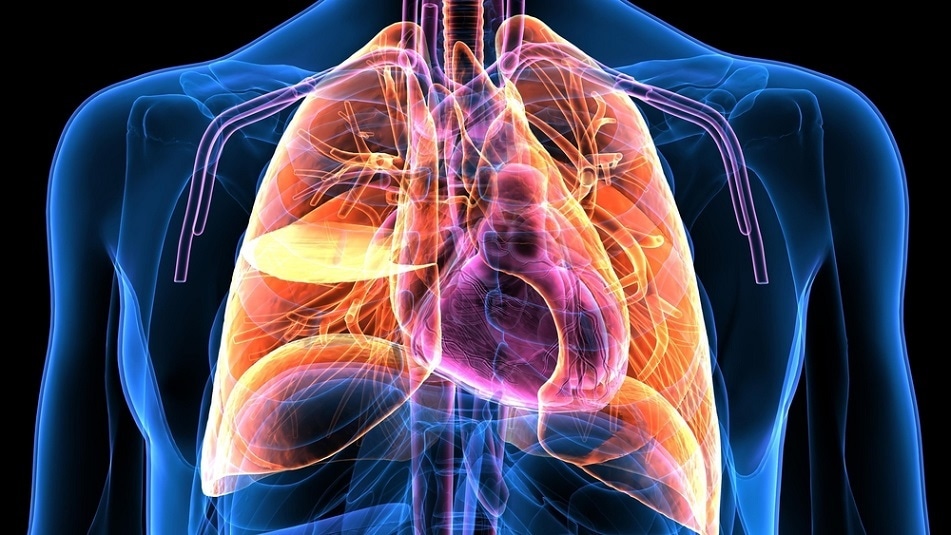People who experience post-traumatic stress disorder (PTSD) after surviving cardiac arrest, may be at a significantly increased risk of a major cardiovascular event or death for up to one year following the arrest, compared with people who do not develop PTSD.

Life Science | Shutterstock
The finding is the result of research conducted at the Columbia University Medical Center in New York and will be presented on Sunday at this year’s American Heart Association’s Resuscitation Science Symposium in Chicago. The symposium is an international meeting dedicated to presenting the latest developments in cardiovascular resuscitation research.
PTSD is a condition that often develops after a person experiences cardiac arrest. Now, a study led by Sachin Agarwal involving 114 patients who had been resuscitated following cardiac arrest between 2015 and 2017 has shown that those who developed PTSD were at a three-fold greater risk of experiencing a major cardiovascular event or death from any cause, compared with those who did not develop PTSD.
Of the 114 participants, who had sustained mild-to-moderate brain injury, 36 (31.6%) were diagnosed with PTSD caused by the cardiac arrest. They were diagnosed on discharge from hospital, which was an average of 21 days after the arrest had taken place.
Follow-up of the patients over the course of more than a year found that 29 people (25.4%) experienced a major cardiovascular event such as heart attack, heart failure, severe chest pain, clogged arteries requiring an emergency procedure or an event requiring the implantation of a defibrillator or pacemaker. The follow-up also revealed that 10 people (8.8%) died.
Researchers are now calling for further studies to understand the mechanisms underlying the association between cardiac-arrest-induced PTSD and the increased risk of a major cardiovascular event or death.
Source: https://www.eurekalert.org/pub_releases/2018-11/aha-plt102618.php